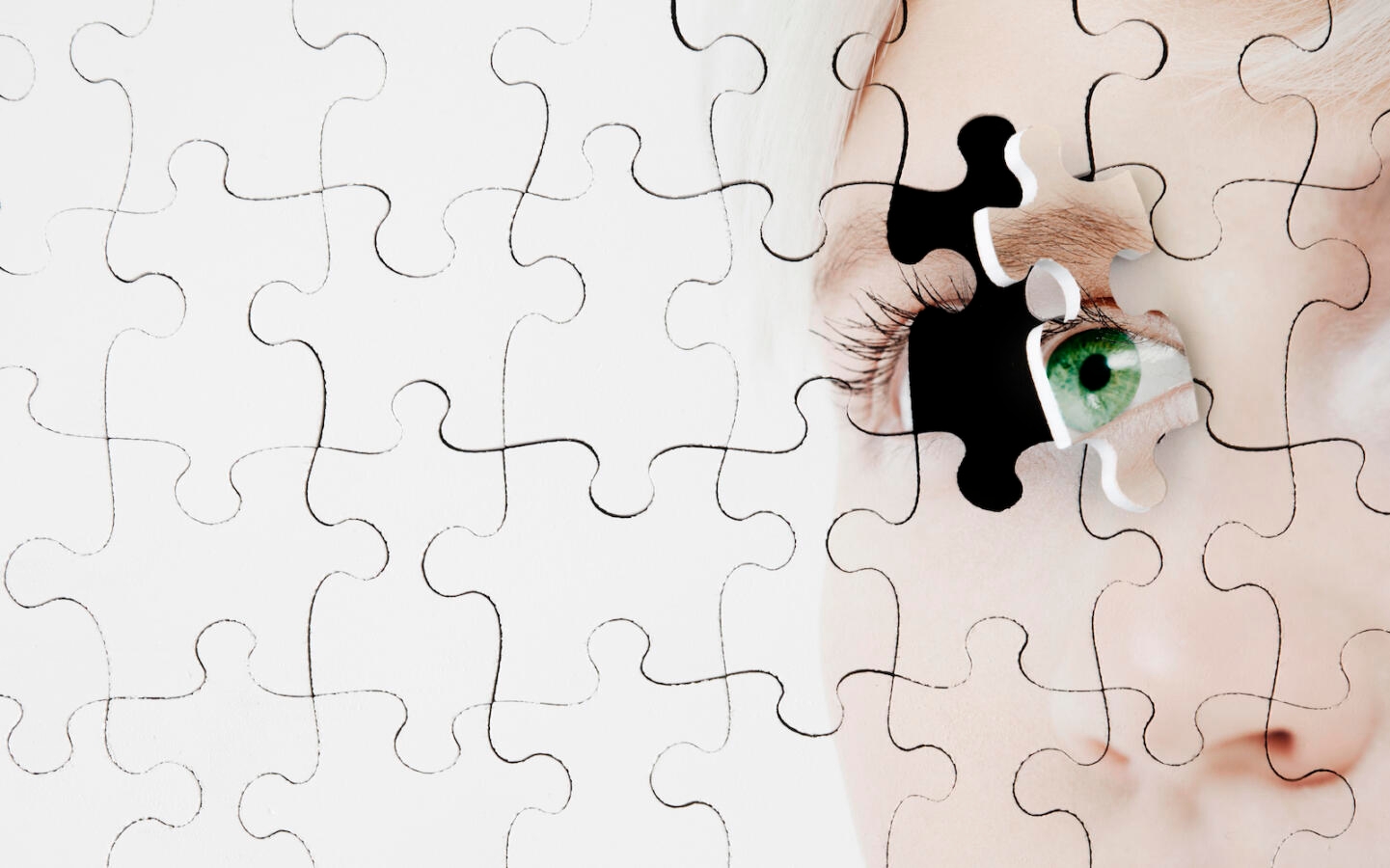The past year and a half have been unprecedented in my life, and probably in yours as well. I’m an extrovert who feeds on the energy of a crowd. And though I’m lucky to have a family and a home in which to shelter in place, I still long for a room full of people and the energy that comes from engagement. And in the longing emerge my doubts: Will people welcome me back when this is over? What if the world has moved on without me? Do my shortcomings comprise what people remember of me?
I’ve been with that doubt, and one of the things that any observant Jew will attest to is that whatever you’re thinking about you will find staring back at you from the Torah portion. So it was no surprise to me that last spring, as we wallowed in yet another reading about priestly ritual and Temple sacrifices, I came across a relevant and troubling passage: “No one of your offspring throughout the ages who has a defect [mum] shall be qualified to offer food to God; no one who has a defect shall be qualified.” (Leviticus 21:16)
In the ancient Temple, priests were meant to be symbols of perfection. And because the Temple rituals were physical, their perfection also had to be physical as well. Perfection is understood by the biblical mind as shleimut — wholeness. Priests who were missing body parts were considered less than whole in the presence of God.
But historical context doesn’t remove the problem here. Are we saying that we can’t draw near to God, that we cannot serve on behalf of the community, if we have a defect? Is there anyone among us who is perfect? Is there anyone who doesn’t manifest not one mum but many?

Help us keep Jewish knowledge accessible to millions of people around the world.
Your donation to My Jewish Learning fuels endless journeys of Jewish discovery. With your help, My Jewish Learning can continue to provide nonstop opportunities for learning, connection and growth.
Certainly, this has not been true in Jewish life. Our father Jacob limped his way to greatness. Moses spoke what are surely history’s greatest speeches with a speech impediment. The Talmud is filled with figures who despite their physical challenges — or perhaps because of them — went on to attain spiritual greatness.
The Torah itself raises this question in the book of Deuteronomy: “Is corruption then God’s? No, God’s children are the ones who are blemished.” (Deuteronomy 32:5). The rabbinic geniuses of the Midrash turned that verse around: “Even though they are full of blemishes, they are still God’s children.” (Sifrei Devarim 308:1)”
We are God’s children — blemishes, defects, imperfections and all. And we cannot afford to allow our shortcomings to prevent us from taking responsibility to do what good we can, to glorify Torah as we might. Consider that the one thing a person cannot ever truly have is a defect. A defect is a lack of something. How can we possibly possess that which we lack? What we have when we have a mum is not a lack — we have the perception of a lack. A mum is only possible if we construe ourselves as somehow deficient.
A mum, then, is that lack which makes us feel incomplete. It is the part of some imaginary whole that cannot exist but in our mind. Wholeness does not mean physical perfection. Indeed, shleimut is not perfection of any kind. Shleimut means serving God with all our being, with the entirety of who we are, leaving no part of ourselves outside of divine service.
God doesn’t demand that we apportion ourselves into little pieces, some parts of which are publicly acceptable and the rest hidden away. It is the hiding which is the mum, and a person with such a mum cannot serve the Holy One. One cannot stand before an imperfect community pretending to be perfect. One can serve God only with one’s entire being, both positive traits and negative ones. As we remind ourselves each year at the opening Kol Nidre service of Yom Kippur, we can only ask forgiveness of God if we bring with us the entire community — not just the saints, but the sinners too.
Perhaps then, the wholeness to which the Torah alludes is the willingness to stand in our entirety — warts and all — and to offer them as sacred service. Perhaps what the Torah is reminding us is the necessity of a community that includes all its members, that makes none of them invisible, that asks none of them to step outside. Perhaps only that community is a community fit to offer sacrifice that God will accept.
This article initially appeared in My Jewish Learning’s Shabbat newsletter Recharge on Nov. 13, 2021. To sign up to receive Recharge each week in your inbox, click here.



